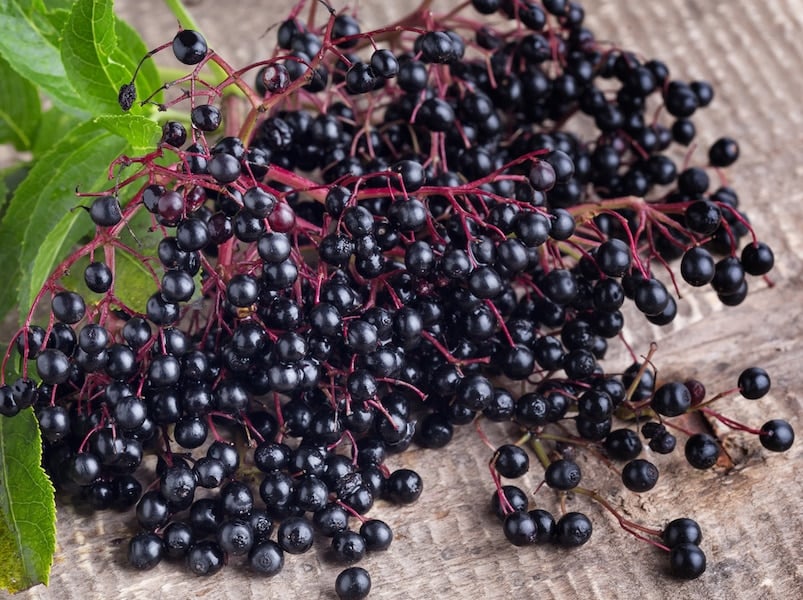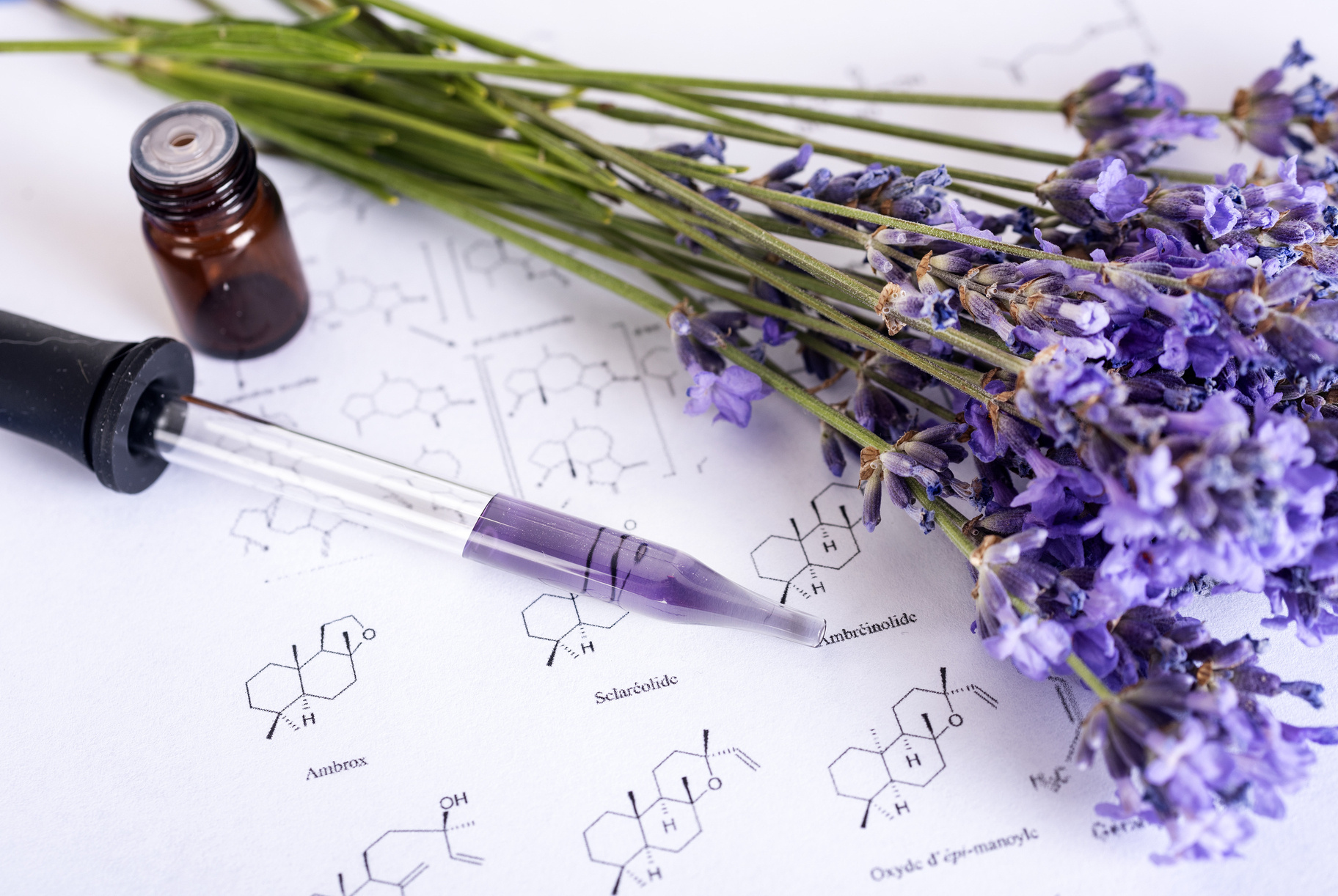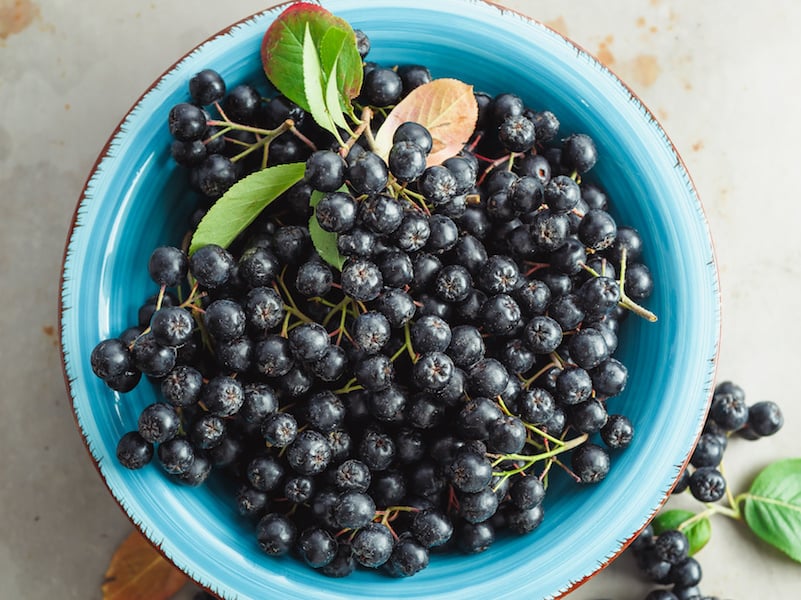Research Team Confirms Essential Oils Unrelated to Endocrine Disruption
Scientists Confirm: Essential Oils Unrelated to Hormone DisruptionEpidemiological Research Debunks the Long-Held Myth That Lavender and Tea Tree Oils...

Elderberry syrup has become a household staple during the cold and flu season, but research identifying its effects remains sparse. To address this gap in knowledge, Dr. Cavanaugh's Research team conducted an elderberry meta-analysis. This analysis evaluated the effects of black elderberry (Sambucus nigra) on the severity and duration of upper respiratory symptoms. This analysis included 180 participants and also evaluated how factors such as flu vaccination status and the underlying cause of upper respiratory symptoms may impact the supplement’s efficacy.
Because there are not many studies on the effects of elderberry, a meta-analysis provides an opportunity to study the entire collection of data represented across all existing research on a topic. This provides greater precision regarding the total effects of a product and also enables researchers to identify situations that may increase or decrease the substance’s effects.
The purpose of this study is to quantify the effect size for elderberry supplementation for upper respiratory symptoms and to analyze moderator variables of vaccination status and underlying pathology that may influence that total effect size.
Studies for this analysis were identified from the scientific literature and from unpublished works during several months in late 2018. To be included in the analysis, studies could be conducted anywhere in the world, but must have evaluated pure elderberry products as the intervention with upper respiratory symptoms as the primary outcome. Studies which evaluated blends that included elderberry were excluded because the other botanicals in a blend contribute to the overall effects.
This analysis included studies conducted on a total of 180 participants and evaluated outcomes from flu symptoms as compared to cold symptoms as well as individuals who had received the flu vaccine with those who have not received the flu vaccine. Overall, elderberry supplementation was found to have an incredibly large effect on the reduction of flu symptoms. It also had a large effect on the reduction of symptoms from the common cold, though this effect was not as large as the effect on flu symptoms. The flu vaccine did not have a significant impact on the effects of elderberry on cold and flu symptoms.
Elderberry supplementation can dramatically reduce symptoms of the common cold and shorten the duration and severity of the flu. It is more powerful against the flu than the common cold, but its effects are quite large for both causes of upper respiratory symptoms. The supplement is equally powerful for those who have received the flu vaccine and those who have not received the flu vaccine.
It should be noted that most homemade formulas do not produce elderberry syrup that is safe or effective. Elderberries contain chemicals which can produce gastric discomfort, nausea, and even vomiting. These must be removed during the preparation process. Additionally, most homemade formulas do not achieve the potency found in commercial products. More information on producing a safe and effective homemade product can be found here.
The study was published in the journal Complementary Therapies in Medicine in February 2019. doi: 10.1016/j.ctim.2018.12.004

Scientists Confirm: Essential Oils Unrelated to Hormone DisruptionEpidemiological Research Debunks the Long-Held Myth That Lavender and Tea Tree Oils...

Daily supplementation with aronia melanocarpa (chokeberry) reduces blood pressure and cholesterol: a meta analysis of controlled clinical trials ...